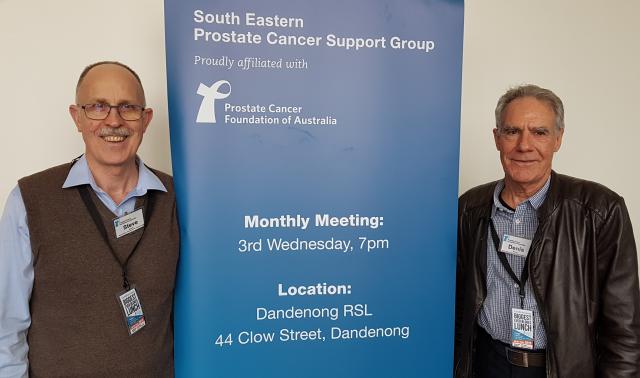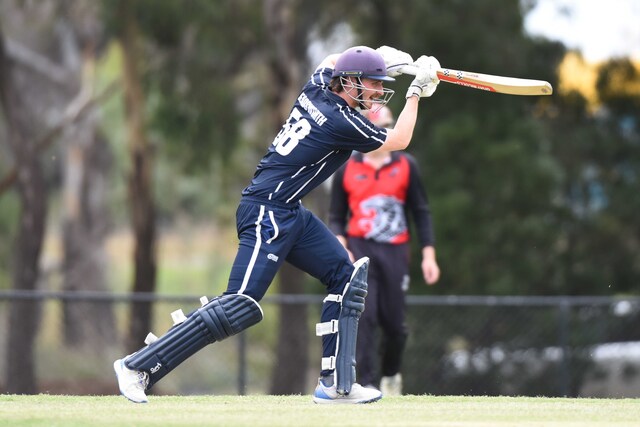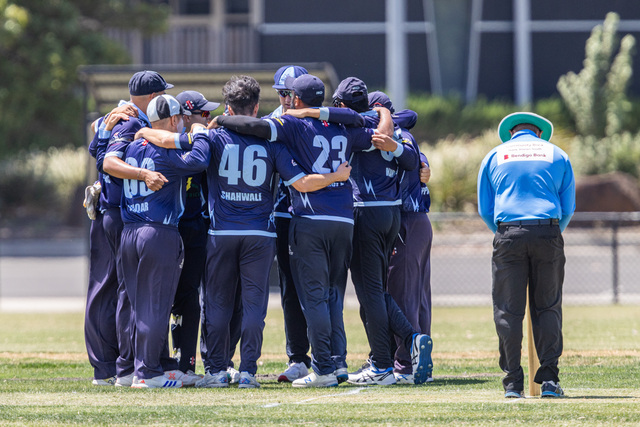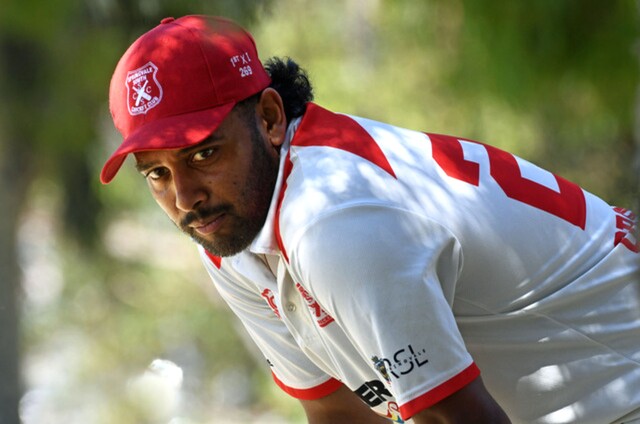What does your mind go to first when you think about the most common types of cancer in Australia?
For many of us, our minds go to the cancers we hear most about – breast cancer and bowel cancer.
And up until recently it was true that these cancers formed the worst rates of cancer in Australia.
But in 2022, the statistics show that prostate cancer has the highest rate of diagnosis.
This year, 24,000 men will be diagnosed – that’s one every 20 minutes.
Australia also has the highest rate of prostate cancer in the world – but the good news is that we also have the lowest rate of mortality from prostate cancer.
Nevertheless, every year around 3,500 men will die from prostate cancer.
The sad thing is that many of these deaths could have been avoided.
So why has prostate cancer jumped to the worst cancer statistic in Australia?
Very often there are no symptoms that men become aware of, so the only way it can be detected is through a blood test called “PSA” – prostate-specific antigen.
It’s recommended that all men over the age of 50 have a routine PSA test every two years, but those at higher risk (for example, with a family history of prostate cancer) should start at 40.
But us men aren’t generally first in line to look after our own health, and some GPs don’t routinely offer the test.
In addition, during the two years of COVID many Australians stayed away from doctors’ clinics as much as they could to minimise the risk of catching COVID, so their regular annual check-ups for general health, including PSA, were skipped.
Now that things are getting back to a more “normal” situation, testing has increased and therefore diagnosis of prostate cancer has increased.
The sad thing about the high statistic is that the number of deaths from prostate cancer is higher than it needs to be.
Due to the delay in testing, combined with a widespread lack of awareness about prostate cancer, too many men are not being diagnosed until their cancer has advanced to a stage where it may not be possible for current treatments (one or a combination of surgery, radiotherapy, chemotherapy) to completely remove the cancer.
In my case, I’m thankful that my GPs routinely included PSA in my annual check-ups since the age of 45.
Over a long period of time, these showed that there was a very small incremental increase every couple of years and so even though my reading was still within the guidelines for my age, when I was 69 my GP referred me to a urologist who monitored my PSA for a further six months, then ordered a biopsy.
That result showed that, yes, I did have prostate cancer at an intermediate level and treatment was recommended.
So, in early 2018 I had surgery to remove the prostate and I’m thankful to say that every PSA test since then has been scored “undetectable” – no prostate cancer present for 4 and a half years now.
So the key message is – GET TESTED. The sooner you start being tested regularly, the more likely you are to be diagnosed at an early stage where you can get treatment at the right time and become cancer-free.
Talk to your GP and tell them you want to be tested. If they won’t do it, find another GP!
And remember, you’re doing this not just for your own sake, but also for your family.
There is also help and support available after you get diagnosed – the South Eastern Prostate Cancer Support Group gets together once per month for a combination of fun, fellowship, social activities, and sharing our experiences and information that can help in our recovery.
We meet at the Dandenong RSL at 7pm on the 3rd Wednesday of each month. Contact me on 0459609619 or Steve on 0407954600 for more details.
*Denis is the convener of the South Eastern Prostate Cancer Support Group


















